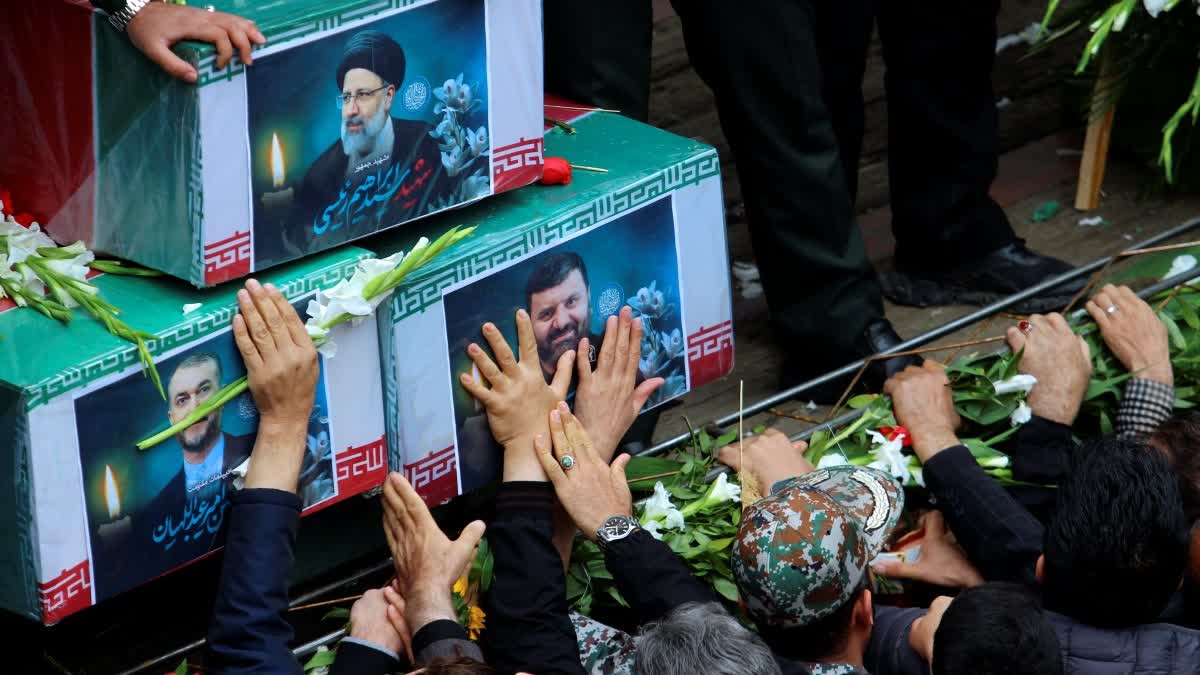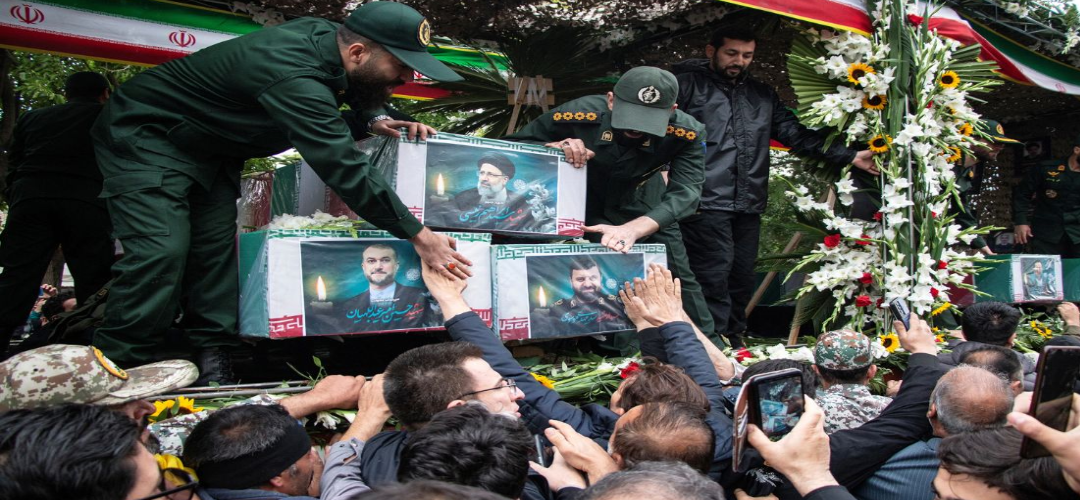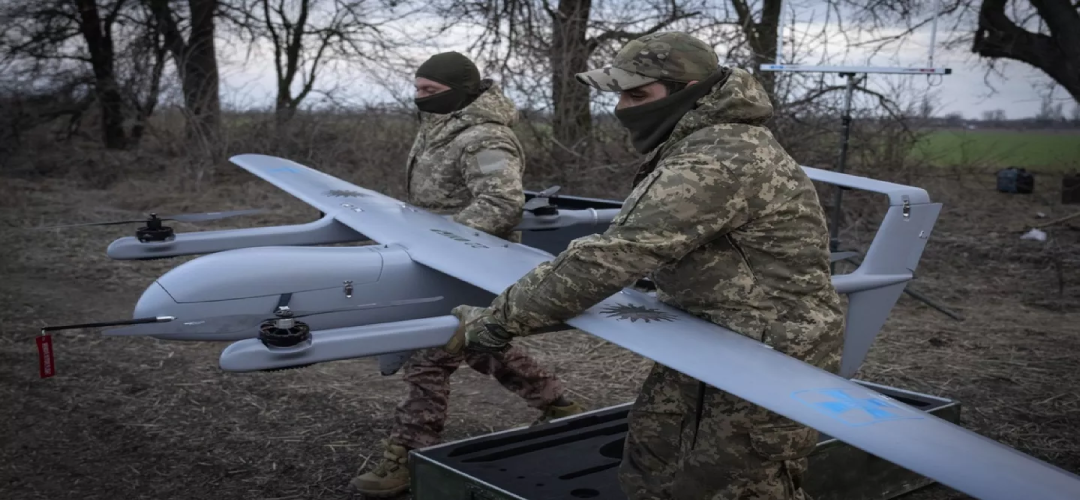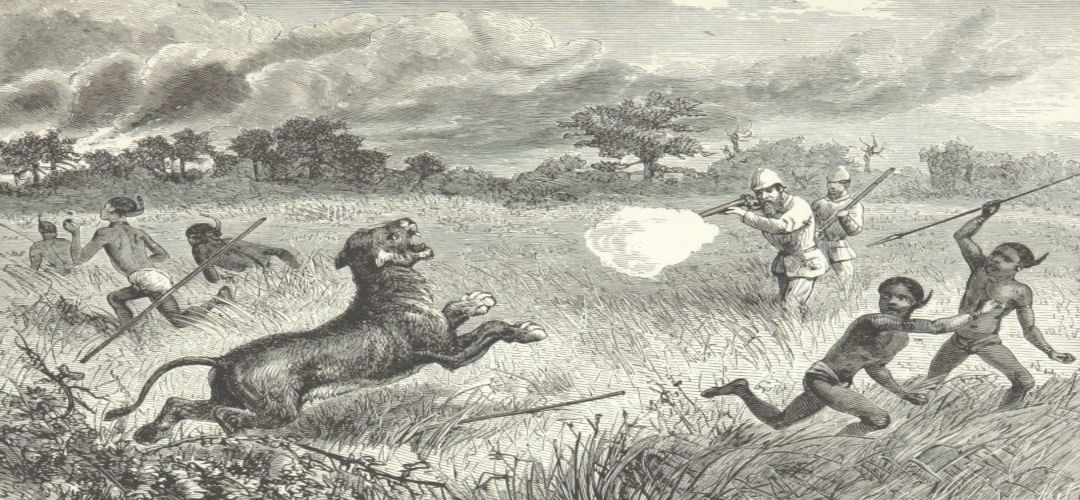The sudden, untimely demise of President Raisi throws up fresh questions about Iran’s stability.
The sudden death of Iran’s President Ebrahim Raisi and Foreign Minister Hossein Amir-Abdollahian in a helicopter crash on May 20, 2024, has sent shockwaves through the geopolitical landscape of West Asia. As Iran mourns the loss of its leaders, the world watches closely, anticipating the potential ramifications on both Iran’s internal political dynamics and its foreign policy.
Background
Ebrahim Raisi, elected President in June 2021, was a significant figure in Iran’s conservative political landscape, known for his close ties to Supreme Leader Ayatollah Ali Khamenei. His presidency marked a period of intensified tensions with the United States, particularly over Iran’s nuclear program and its role in regional conflicts such as those in Ukraine and Gaza. His sudden death leaves a power vacuum at a critical juncture for Iran.
In the immediate aftermath, Iran’s First Vice President Mohammad Mokhber has taken over the presidency temporarily, with the Supreme Leader’s approval, as mandated by Article 131 of Iran’s Constitution. The Guardian Council has announced that the presidential election will be held on June 28, 2024. Despite the gravity of losing both the president and the foreign minister, Iran’s political system is structured to ensure continuity. The country’s political stability is underpinned by a strong constitutional framework and security apparatus designed to handle such crises. This system’s resilience, however, does not eliminate the potential for internal power struggles, particularly within the conservative camp.
Several potential candidates are poised to contest the presidency, including Interim President Mohammad Mokhber, Ali Shamkhani (former head of the National Security Council), Mohammad Bagher Qalibaf (Speaker of the Parliament), and Ali Larijani (former Speaker of the Parliament). Given the dominance of conservative forces aligned with the Supreme Leader and the Islamic Revolutionary Guard Corps (IRGC), the upcoming election is likely to be a conservative-only race, with Mohammad Bagher Qalibaf emerging as a strong contender.

Analysis
On the geopolitical front, Raisi’s death is unlikely to result in significant immediate changes to Iran’s foreign policy. Strategic decisions are largely dictated by the Supreme Leader and the National Security Council rather than the president’s office. Thus, Iran’s support for resistance groups like Hamas and Hezbollah, its adversarial stance towards Israel, its meddling in Syria and its contentious nuclear program are expected to remain consistent.
However, the loss of Raisi and Amir-Abdollahian could complicate Iran’s regional diplomatic activities, particularly regarding the Gaza conflict and potential engagements with the Biden administration before the U.S. elections. The U.S. extended official condolences to Iran, reflecting a cautious approach amid strained relations. However, this was calibrated by the statement of the National Security Council spokesman John Kirby, who said, “This was a man who had a lot of blood on his hands,” responsible for “atrocious” rights abuses in Iran and support to regional proxies including Hamas. U.S.-Iran relations have been strained, particularly since former President Donald Trump withdrew from the Joint Comprehensive Plan of Action (JCPOA) in 2018 and reimposed sanctions on Iran. This move led Iran to exceed the nuclear limits set by the agreement.
Since taking office in 2021, Raisi had adopted a tough stance in negotiations with the U.S., seeking to secure broad relief from sanctions. The ongoing conflict in Gaza has further complicated U.S.-Iran relations, with the Biden administration attempting to de-escalate the situation due to the rising human toll. Reports have suggested that top Biden administration officials were engaged in indirect talks with their Iranian counterparts to prevent regional attacks from escalating. Raisi’s death could jeopardise these efforts to maintain a fragile peace.
Israel, a key player in the regional power dynamics, promptly denied any role in the incident, even as conspiracy theories went viral. However, never to let an opportunity pass, Mr Netanyahu may be encouraged to escalate its confrontational stance towards Iran, especially as the U.S. presidential election approaches.
The regional geopolitical dynamics, particularly Iran’s adversarial relationship with Israel and its support for resistance groups, are expected to remain largely unchanged. However, the internal political shifts and the upcoming presidential election will play a critical role in shaping Iran’s future direction.
Iran’s political landscape is expected to undergo some shifts internally. Raisi’s death may pave the way for other conservative figures to step forward and vie for leadership, possibly leading to intensified power struggles within the conservative establishment. This transition period will be crucial in determining the direction of Iran’s domestic policies and its approach to international diplomacy.
While the conservative axis remains dominant, the absence of reformist voices in the political discourse limits the potential for significant policy shifts. The next president will likely continue the hardline policies characteristic of Raisi’s tenure, maintaining a firm stance against the West and emphasising the importance of Iran’s nuclear program.
Further, the political system in Iran is heavily influenced by the Supreme Leader, who holds the ultimate authority. Ayatollah Khamenei’s leadership provides continuity and stability to the regime, which is crucial during this transition period. Despite potential power struggles, the basic governing institutions in Iran appear stable and show no signs of fracturing. The durability of Iran’s theocratic system has been proven over four decades, with the current regime demonstrating resilience against both internal and external pressures.
While the constitutional framework and security mechanisms ensure a degree of stability, the transition period will be closely watched for signs of internal power struggles and potential shifts in policy.
India has maintained a strategic relationship with Iran and expressed deep condolences over the deaths of Raisi and Amir-Abdollahian. Prime Minister Narendra Modi and External Affairs Minister S. Jaishankar acknowledged their contributions to strengthening India-Iran ties. This incident comes shortly after India signed a contract with Iran to operate the Chabahar port, a crucial development for enhancing trade with Central Asia.
The U.S. has warned of potential sanctions for countries engaging in business with Iran, but India has emphasised the port’s broader regional benefits, arguing against a narrow interpretation of its relevance. The strategic importance of Chabahar for India cannot be overstated, as it provides a vital link to Afghanistan and Central Asia, bypassing Pakistan.
Assessment
- The regional geopolitical dynamics, particularly Iran’s adversarial relationship with Israel and its support for resistance groups, are expected to remain largely unchanged. However, the internal political shifts and the upcoming presidential election shape Iran’s future direction.
- The international community, particularly the United States and Israel, will be closely monitoring the developments in Iran. India, too, has a lot invested in Iran and would welcome a rapprochement of Iran with the West.
- The potential for increased hostilities and regional instability remains high, underscoring the need for diplomatic engagement and strategic patience. The broader implications for global politics and security cannot be understated as the situation in Iran continues to evolve in the coming months.




